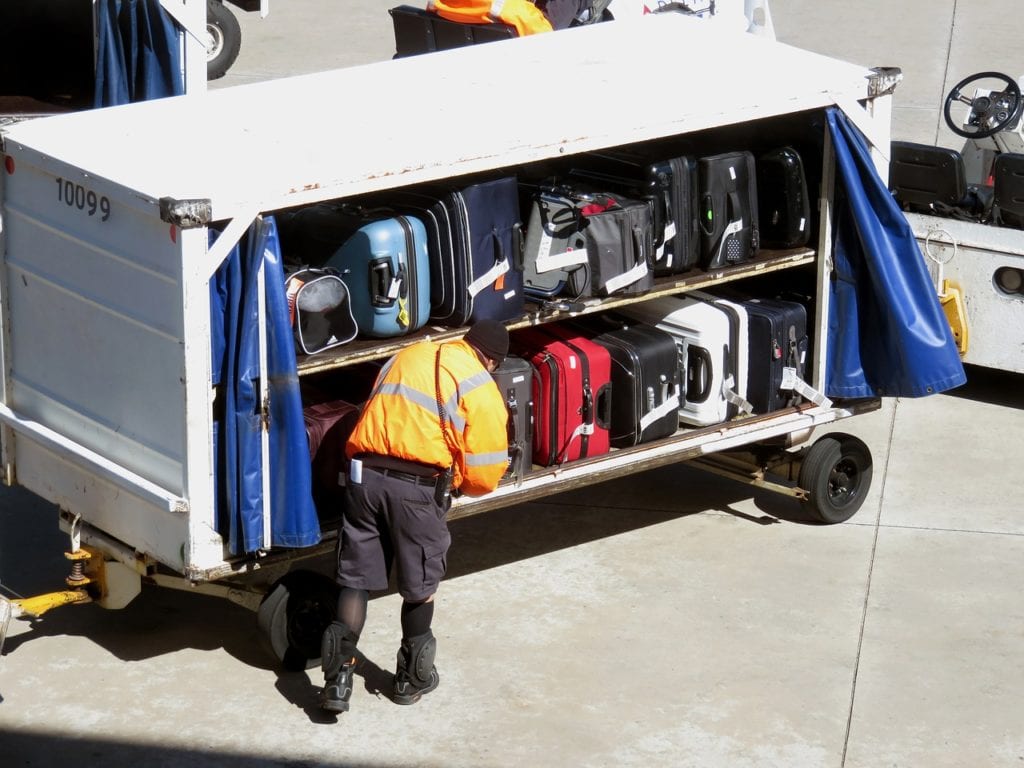Free Checked Baggage: A Thing of the Past?
Share
APEX Insight: Delta Air Lines’ decision last December to introduce checked baggage fees for flights to Europe is the latest development in the ever-changing landscape of transatlantic air travel from North America.
Commencing in April, Delta Air Lines, and three of its European joint venture partners – Air France, Alitalia and KLM – will introduce a checked baggage fee of $60 each way for customers who book the cheapest and most restrictive basic economy fares for flights connecting the United States and Canada to Europe and North Africa.
This decision comes on the back of a similar move made by American Airlines, and looks to add considerably to the $4.2 billion in checked baggage fees that the combined US carriers collected in 2016.
That legacy airlines are embracing charges for checked baggage – a policy previously reserved for budget operators like Spirit and WOW air – raises two questions: Is free checked baggage on transatlantic flights becoming a thing of the past? And are airline passengers content to pay these recent additional charges?
While it may be difficult to ascertain with complete certainty if the decisions by Delta and American Airlines will result in a reduced number of suitcases on its average transatlantic flight, what we do know is that passenger numbers globally are growing. The International Air Transport Association (IATA) found that global traffic demand in 2016 rose by 6.3% compared to the previous year.
The same trend was seen in 2017 with global traffic figures showing that demand in was 5.7% higher than the year before. Similarly, despite Hurricanes Irma and Harvey weighing heavily on these results, the relative figures for domestic flights in the United States still increased by a marginal 0.4% in 2016.
Delta is confident that the recent charge for checked baggage on economy flights will not adversely affect its total passenger numbers.
Delta, for its part, is confident that the recent charge for checked baggage on economy flights will not adversely affect its total passenger numbers, but instead will lead to more passengers upgrading to a higher-class fare for little or no extra cost. Executives at the airline estimate that approximately half of all passengers will opt to upgrade from the cheapest basic economy fare to a marginally higher priced ticket. The airline facilitates this upgrade by keeping the cost of an upgrade to regular economy the same as the cost of checking baggage at the cheapest economy level – $60.
However, with almost all established airlines in the United States (with the notable exception of Southwest Airlines) charging for checked baggage for domestic flights, these competitors are looking at new and innovative ways of making that elusive marginal gain on their nearest competitors.
With an increasing number of transatlantic low-cost carriers – led by WOW air and Norwegian Air – offering scarcely believable basic economy tickets for transatlantic travel, there appears to be a new strategy from Delta and American Airlines to counteract this trend. The former announced it will offer free prosecco, and the latter, ice-cream on certain flights across the Atlantic – are both attempts to woo coach passengers who want a little more TLC while traveling overseas and is a clear departure from trying to outbid budget airlines with the promise of free checked baggage.
It will be interesting to see if Delta’s bubbly play will catch on in the face of the growing appeal of cheap seats from its northern European competitors. But whatever the outcome, one thing is for certain: free checked baggage for international flights seems to be very much a thing of the past.



